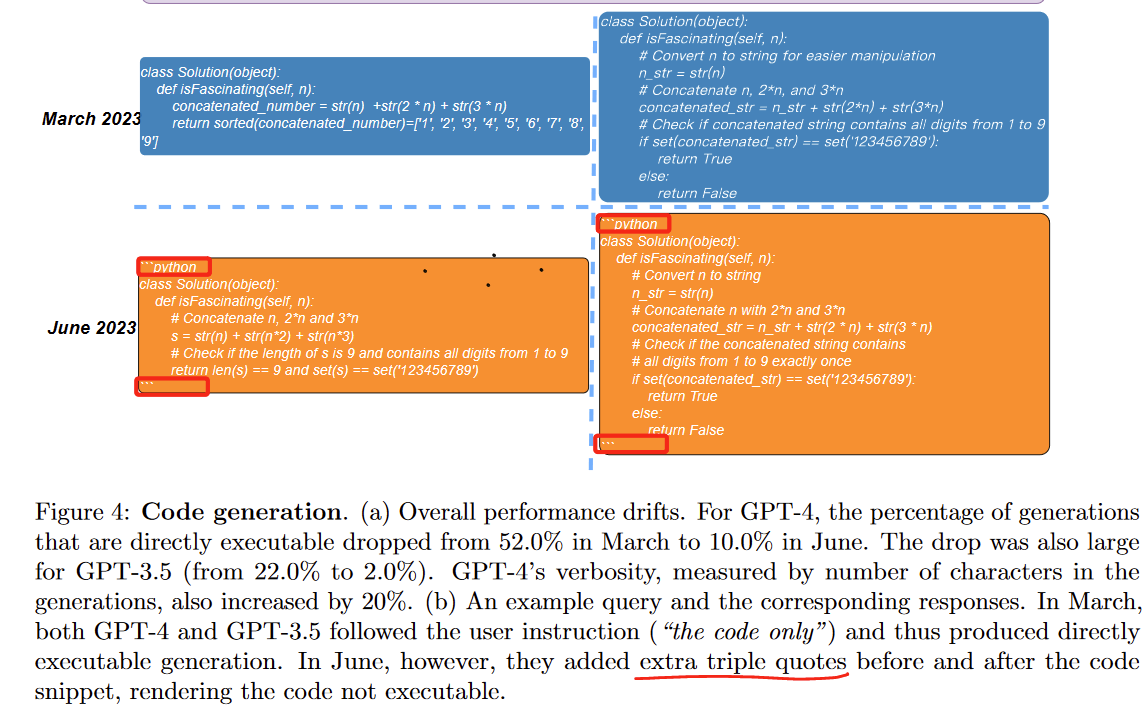

Check Amazon’s Antitrust Paradox by Lina Khan (FTC). A very detailed review of how Amazon is a monopoly and how they dodge antitrust legislation.


Check Amazon’s Antitrust Paradox by Lina Khan (FTC). A very detailed review of how Amazon is a monopoly and how they dodge antitrust legislation.


Still wild to me how competition shoots themselves in the foot. It’s even worse than streaming services.


That’s not how it works. Or, rather, that’s not only how it works. Sure, advertisers dream of users who see an ad once and run to buy a product. But ad effects are spread over time. They build brand recognition. They fake familiarity. Say you are in a supermarket and you want to buy a new type of product that you haven’t bought before. Very likely you’ll pick something familiar-sounding, which you heard in an ad. Ads pollute the mind even if the most obvious effects are, well, obvious and easily discarded, more subtle influence remains.


Based on your analogue they drive the car for 7.5 inches (614.4 Kb by 63360 inches by 20 divided by 103179878.4 Kb) and promise based on that that car travels 20mph which might be true, yes, but the scale disproportion is too considerable to not require tests. This is not maths, this is a real physical device - how would it would behave on larger real data remains to be seen.


106 Gbps
They get to this result on 0.6 MB of data (paper, page 5)
They even say:
Moreover, there is no need to evaluate our design with datasets larger than the ones we have used; we achieve steady state performance with our datasets
This requires an explanation. I do see the need - if you promise 100Gbps you need to process at least a few Tbs.
Excel enabled non-programmers to create basically any app as long as they are fine with a cell-based UI. Same with Access and CRUD apps. I know people love to dunk on M$ here, and for good reasons too, but these two programs are probably responsible for a decent chunk or PoC/v1 projects worldwide.
A few years ago people were talking about convergence of phone/desktop, i.e. you plug your phone into a big screen and keyboard and it’s now your desktop computer.
Mobile apps are shit for that. Sure, my phone is powerful enough to browse internet, play video and music but on desktop with mouse/kb it’s just weird and funky. And I’m not even talking about any productivity software which is straight impossible.


Not for the seedbox, but for the personal always on VPN I would def prefer something nearshore.


Why? I refuse to believe there’s no location in SA with a decent internet and without DMCA enforcement.


Be ware of using VPN if you want spanish content and wanna join a private tracker; all spanish private tracker ban the use of VPNs
What’s the rationale for that?
Uggh, yes, that.
Nowadays it’s change settings, refresh page, navigate 10 intermediate pages because SPA, confirm that your settings stuck.


deleted by creator


We actually have a live experience of how that could go down
Another example: latest iteration of Google Captcha. Released with promises to end manually inputting text captchas, the main thing it turned out to check for is whatever you are logged into your google account. If so, you get through automatically, or, at worst have to press a checkbox. If you are not logged in, enjoy selecting fire hydrants and crosswalks.


Yea, it’s strange - top to bottom rows sum up to 94, 100, 92, 94, 100, 100


That is conveniently left out of the speck. Attestation server may require signed binary on a client system, it may require whatever it wants really, because why not? It’s a website who decides to trust attestation server or not.


They aren’t proposing a way for browsers to DRM page contents and prevent modifications from extensions.
And yet, this proposal would make it easier to do so.


Basically, it would allow websites to only serve users who comply with website requirements (i.e., no extensions, no ad blockers, only Chrome-based, whatever) whatever these requirements are.
You (your browser) go to a website, example.com, which requires attestation. So you must go to an attestation server and attest your device/browser combo (by telling the attestation server whatever information it requires). If the attestation server thinks you are trustworthy, it gives you an integrity token that you pass to example.com, and then you can see example.com. The website knows which attestation server issued your integrity token, so you can’t create your own.
So no extra software means no attestation server would attest you; means you can’t see example.com. End of story. It’s the same as the current “your browser is not supported” window, only you can’t get around it by changing the user agent.
As usual with these initiatives, bullshit is spread across different specs - this spec by itself implies that any number of attestation servers can exist, and they can check whatever they want, and no browser should be excluded, etc., etc., but practical implementation would probably check installed extensions, etc.


Research linked in the tweet (direct quotes, page 6) claims that for "GPT-4, the percentage of generations that are directly executable dropped from 52.0% in March to 10.0% in June. " because “they added extra triple quotes before and after the code snippet, rendering the code not executable.” so I wouldn’t listen to this particular paper too much. But yeah OpenAI tinkers with their models, probably trying to run it for cheaper and that results in these changes. They do have versioning but old versions are deprecated and removed often so what could you do?



cs.github.com is the best code search ever offered, especially at GitHub scale.
Twitter currently has $1.5 billion/year deficit which is a lot, even for Musk, to bankroll.